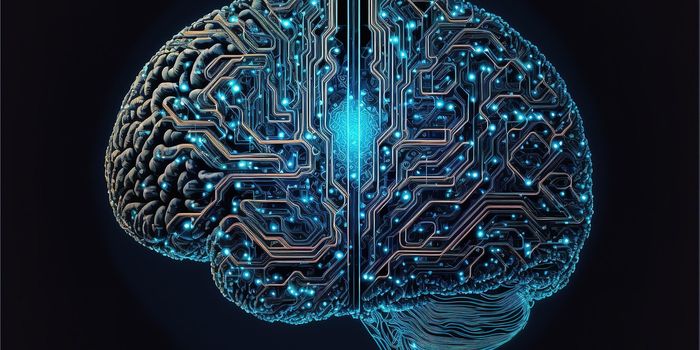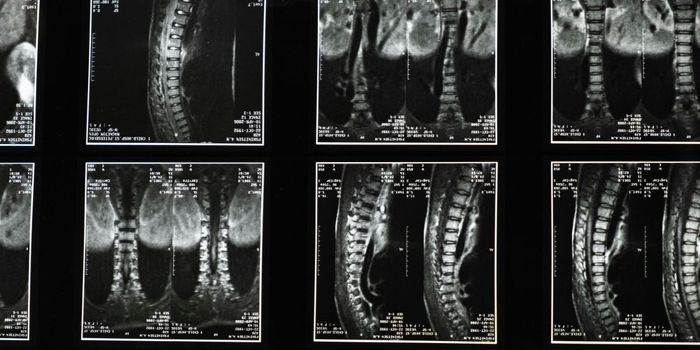Social Trauma Blocks Social Reward Neurons, Triggering Avoidance
Social trauma impairs social reward function in the brain, triggering social avoidance in mice. The corresponding study was published in Nature.
Researchers have clinically observed that past social trauma can result in severe social avoidance due to reduced social reward. Despite this common observation, very little is known about the neural circuitry underlying the behavior. In the current study, researchers investigated mouse models to unravel the neurological underpinnings of social avoidance.
They first needed to identify mice susceptible to social avoidance following social trauma. To do so, they allowed aggressive mice to continually subordinate adult male and female mice. The researchers then assessed whether this experience impacted their ability to interact socially by placing them in a cage with a larger aggressive mouse behind a barrier and assessing their level of interaction.
From this test, the researchers classified mice as either resilient or susceptible to stressors. Next, they introduced a 4-6 week juvenile same-sex mouse into their home cage and monitored their interactions.
While control and resilient mice displayed similar social behaviors with juveniles, the stress-susceptible mice waited longer to approach them and were overall less investigative. They also displayed more social avoidance.
The researchers found correlations between how mice interacted with aggressive and non-threatening juvenile mice. This, they noted, indicates that susceptible mice avoid both aggressive mice and non-threatening same-sex juvenile ones to the same extent.
To identify the underlying neurocircuitry involved in these behaviors, the researchers next used various histological and imaging techniques on the mice. In doing so, they identified a population of stress/ threat responsive lateral septum neurotensin (NTLS) neurons that were activated in susceptible mice and not resilient or control animals. They also found that activating these neurons inhibited areas of the brain that encode social rewards.
The researchers concluded that when mice experience social trauma, their ability to experience social rewards is blocked by NTLS neurons. They now plan on studying humans who have experienced trauma to see whether these findings apply to people too.
Sources: Neuroscience News, Nature









